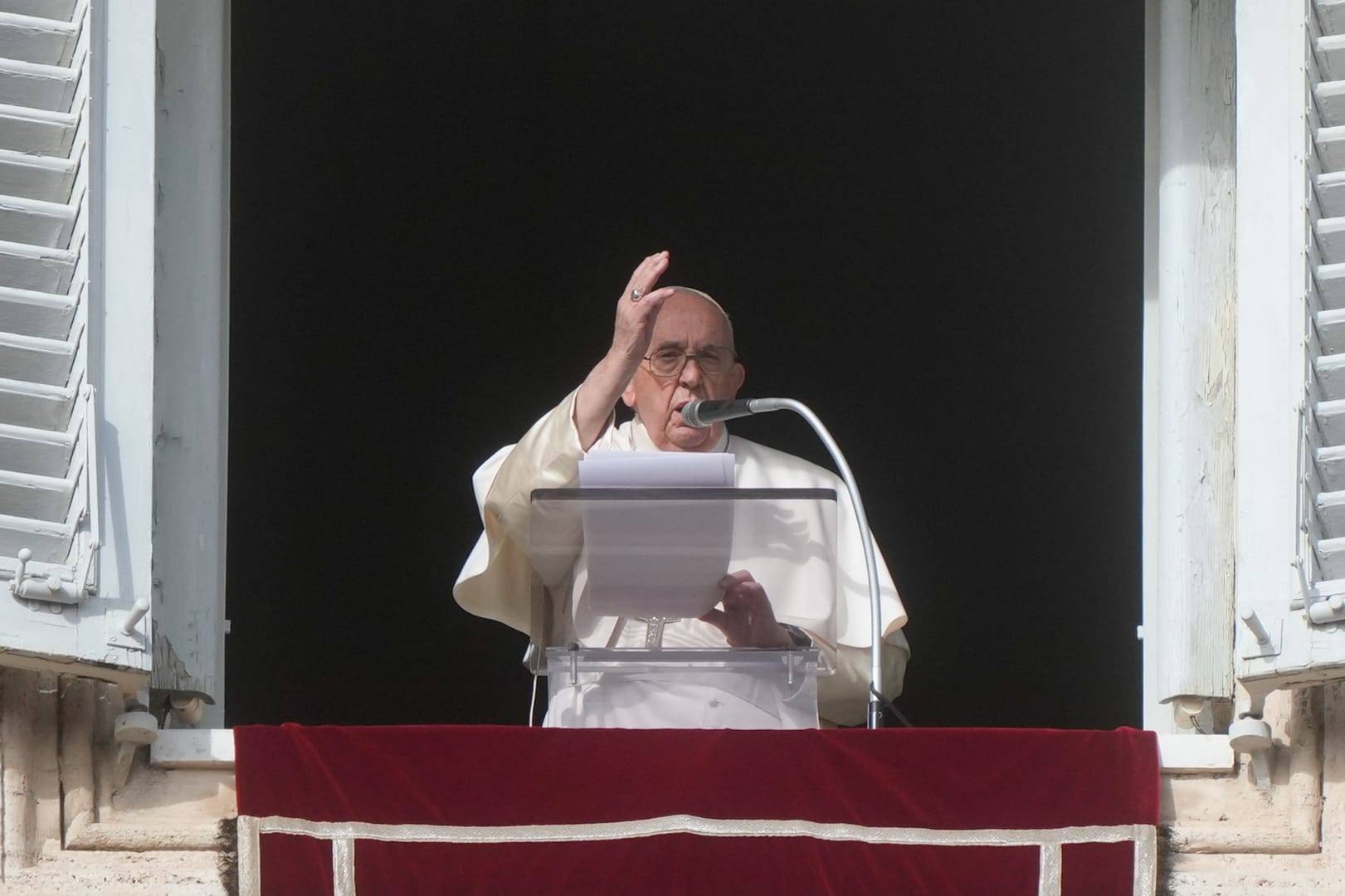YAOUNDÉ, Cameroon – Police in Congo used tear gas and gunfire to disperse thousands of anti-government demonstrators across the nation on Sunday, leaving five people dead and injuring more than 33 who marched after church services calling for President Joseph Kabila to step down, according to the United Nations.
Catholic churches and activists had called for peaceful demonstrations Sunday in Kinshasa, Goma, Lubumbashi and other cities. The protests turned violent as police tried to disperse the demonstrators.
As uncertainty over the political future of the Democratic Republic of the Congo continues, the country’s bishops are now seeking the intervention of Republic of Congo President Denis Sassou Nguesso.
“Within the context of the on-going crisis in our country, the bishops of the CENCO [DRC bishops’ conference] are convinced that within the framework of international cooperation, brothers, friends and neighbors of the DRC can bring in something that can satisfy the aspirations of the Congolese people. That is why we thought we should meet President Denis Sassou Nguesso,” said Father Donatien Nsholé Babula, the secretary general and spokesperson for the conference.
The bishops met with Sassou Nguesso on January 9, in an effort to get him to try and enforce the December 31, 2016 accord to ensure a transfer of power in the DRC.
(The Republic of Congo – with the capital Brazzaville – is distinct from the People’s Republic of the Congo – capital Kinshasa – although the two countries share a long border.)
Sassou Nguesso is President of the International Conference of the Great Lakes, which includes both of the Congos, as well as several other nations in the region.
The Catholic bishops helped broker the deal between DRC President Joseph Kabila’s regime and the opposition. The initiative required the government to agree to a number of opposition demands, including: Freeing all political prisoners; returning seized media operations; and ending the harassment of opposition politicians.
RELATED: Vatican delivers show of solidarity for Africa, especially Congo and South Sudan
The deal also required that Kabila — who has been in power since 2001 — step down by December 19, 2017. Elections would be held in December 2017, with Kabila not being eligible to seek a third term. There would be no referendum to effect changes to the constitution (wanted by Kabila so he could seek re-election). It also required legislative and provincial elections this year, with a transitional prime minister to be appointed by the opposition.
The bishops said at the time that the accord mirrored a “consensual and inclusive political compromise that sets out a realistic route.”
But that optimism soon faded, as negotiations to implement the accord ran into trouble. Government negotiators and the opposition couldn’t agree on a timetable for elections – a situation compounded by the sudden death of the intended transitional prime minister, Étienne Tshisekedi, in Paris on February 1.
The December deadline came and went, and now elections have been postponed until December 23, 2018.
On December 31, 2017, some 150 Catholic churches called for Christians to come out carrying Bibles and Crucifixes in their hands to demonstrate against Kabila’s continued stay in power.
But the protests were met with a violent response from government forces, resulting in the deaths of at least 11 people.
The Archbishop of Kinshasa, Cardinal Laurent Monsengwo Pasinya condemned the behavior of the security forces in very strong terms, saying they were “channeling barbarism.”
The World Bank estimates that 77 percent of its population lives in “extreme poverty,” and its yearly GDP of $445 per capita is the third-lowest in the world when adjusted for inflation.
From 1998-2003, the Democratic Republic of the Congo was involved in a war which left an estimated 2-5 million people dead. The nation still suffers from violence, and is currently home to roughly 2.7 million internally displaced persons, the world’s highest total.
About half of the country’s nearly 80 million people are Catholic, and in many ways, the Church is the only truly national institution; it is certainly the most respected.
“The Church has become the most credible institution in the country and consequently finds herself in the line of fire. But it is necessary, because no one else dares to protest,” said Father Apollinaire Cibaka Cikongo, a professor at the seminary of Christ the King (Christ Roi) in Malole, Kananga.
In an interview with Aid to the Church in Need, the priest said media opposition was non-existent and the opposition was divided into hundreds of bickering political parties, and therefore too fragmented to do anything.
This is why the bishops have turned to Sassou Nguesso, asking him to help the nation “avoid the worst,” according to the Fides news agency.
Cibaka Cikongo said international pressure will be needed to oust Kabila from power.
“This kind of internal pressure against the ruling power is not enough. There also have to be external pressures. Joseph Kabila came to power thanks to the protection of his patrons in the international community, major powers such as India, China, and thanks to the multinationals, which in exchange have been granted control over the mineral resources of the country. As long as these backers of the President do nothing, there will be no way out of the crisis,” he told Aid to the Church in Need.
He said the sufferings of the Congolese people “serve the material comforts of other peoples. There is a complicit silence.”
The latest violence prompted Pope Francis to appeal for peace in Congo. Francis made the appeal Sunday from the Peruvian capital, Lima, where he led thousands of young people in prayer.
“I ask the authorities and those responsible and all those in this beloved country that they use maximum commitment and effort to avoid all forms of violence and look for solutions in favor of the common good,” Francis said.
This article incorporated material from The Associated Press.
















